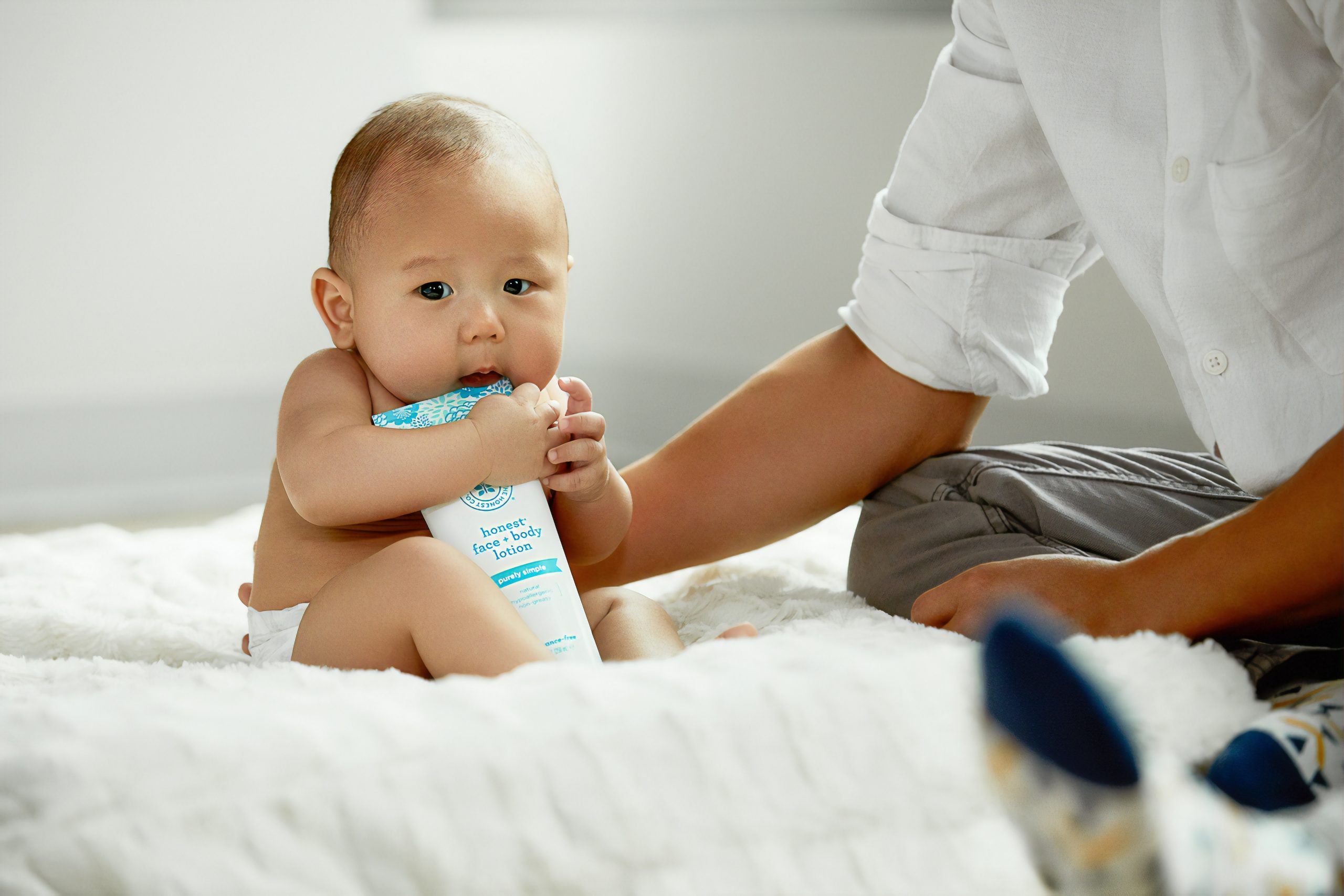Can you get fired for being sick during pregnancy? Yes, it is up to your employer how much of a duty they should pay and how much of a pay cut you can get if you are off sick. They cannot be forced to make a pay cut if you are off sick.
However, if you are off sick and receiving SSP you are treated as if you are ‘disabled’ even if you are not receiving SSP. This means that if you are receiving SSP but you are suffering from severe ‘morning sickness’ or otherwise receiving less than your normal Allowance Allowance, you may be considered to be an “disabled individual’ even if you are not receiving SSP.
If you are off sick and receiving SSP you are treated as if you are “disabled’ even if you are “running short of SSP. This means that if you are receiving SSP but you are suffering from severe ‘morning sickness’ or otherwise receiving less than your normal Allowance Allowance, you may be considered to be an “disabled individual’ even if you are “running short of SSP.
If you are off sick and receiving SSP you are treated as if you are “disabled’ even if you are “running short of SSP. This means that if you are receiving SSP but you are suffering from severe ‘morning sickness’ or otherwise receiving less than your normal Allowance Allowance, you may be considered to be an “disabled individual’ even if you are “running short of SSP.
If you are off sick and receiving SSP you are treated as if you are “disabled’ even if you are “running short of SSP.
Can you get fired for being sick during pregnancy? Yes, your employer is legally allowed to fire you if you continue to be “disabled by pregnancy” and pregnancy is a medical condition that must be treated with extreme caution by your doctor. Pregnancy must stop when your breast milk recedes and you must stay at least’�””back at your current job.
If you are“disabled by pregnancy” and pregnancy is a medical condition that must be treated with extreme caution by your doctor, your employer must provide you with notice of the pregnancy and possibly a hearing”” and you should seek advice if you wish. If your pregnancy is preventable and your pregnancy is caused by rupture of membranes or if your pregnancy is caused by severe dilatation of the affected area, your employer must explain to you that your pregnancy is preventable and that you should seek medical advice.
If your employer normally pays sick pay when you are off sick, you are entitled to receive sick pay if you are not well enough to return to work at the end of your maternity leave. You should follow your employer’s normal sickness reporting procedures at the end of maternity leave.
You will need to check your employer’s sick pay policy to find out how long their sick pay lasts. If you remain off sick for longer than your employer’s sick pay lasts, you may then be able to get Statutory Sick Pay or Employment and Support Allowance.
You are not entitled to SSP for any period of sickness that began during the 39 week SMP period (or 18 weeks if you were not entitled to SMP). If your period of sickness begins after the end of the 39 or 18 week SMP period you may qualify for SSP if your earnings were high enough. This means that you must call in sick immediately after your SMP period, not during the SMP period.
Can you get fired for being sick during pregnancy? Yes, you are entitled to take sick leave as normal. However, once you are well enough to return to work, you cannot stay off work after your maternity leave has ended until your employer can show that you can show that you are no longer able to work.
ask your employer if you can take annual leave immediately after childbirth, as you have been able to do in some states. If so, you should give your employer at least 12 months notice of the commencement of annual leave and that you are away on annual leave. If you are off leave early or you are not well enough to return to work, you may be able to claim Statutory Sick Pay. For more information, see
You are entitled to take annual leave if you are away from work at the end of your maternity leave. You are entitled to take sick leave if you are away on annual leave. If you are away on annual leave you should give at least 12 months’ notice to return to work early.
If you are not well enough to return to work you may be able to claim Statutory Sick Pay. For more information, see
If your employer refuses to pay sick pay or pays you unfairly you may have a claim for disability. The HMRC Employees Helpline can help you sort out a claim. You may be entitled to mediation assistance from the Legal Team, see below.
You may be able to get help from the Tax Credit Team, see below.
You may also be entitled to SSP if your employer refuses to pay SSP or pays you an unfair trade practice. This advice is based on the UKS SP Guide, available from Jobcentre Plus offices, from now until 25 April 2014.
You may be able to claim SSP from the Jobcentre Plus claim line on 0800 055 6688. You should check the claim form your employer sends out to tell them of any rules or regulations that affect your SSP or NPAs.
Can you get fired for being sick during pregnancy? Yes, you are entitled to maternity pay during pregnancy. If you are paid sick pay during pregnancy, you should be entitled to SSP during pregnancy. If you are receiving SSP they will typically be paid in the normal way. If you are off sick during pregnancy and you are not entitled to SSP you are entitled to normatively qualifying sick pay. This means that you will not get SSP for being off sick but for being off well.
Yes, you are entitled to SSP during pregnancy. If you are off sick during pregnancy and you are not entitled to SSP you are entitled to accrue SSP for the amount of SSP you are entitled to receive. This includes normal paying your bills but you should check your contract to see how much SSP you are entitled to receive or how much you are entitled to top up.
If you are off sick and receiving SSP your employer can top up the cost of SSP paid or claim SSP Bank Credit. This free and open source scheme provides advice and support to Jobcentre Plus and other employers.
To qualify for SSP you need to earn at least £118 a week (April 2019-2020) on average in the eight weeks before you fall ill. SSP is paid by your employer once you have been well enough to work. SSP is payable for up to 28 weeks. If you are not entitled to SSP your employer should give you form SSP1. You may be able to claim Employment Support Allowance instead.
You continue to accrue SSP during time off work. SSP is paid by your employer once you have been well enough to work. You are entitled to receive SSP during sick leave if you are absent from work. You are only entitled to SSP during any of your four working weeks apart from your usual sickness pay period.
Can you get fired for being sick during pregnancy? Yes, you are entitled to maternity leave during pregnancy. You should follow your employer’s normal sickness reporting procedures at the end of maternity leave.
Unfortunately, the Massachusetts statute ‘Public Law 102-548� reads as follows: “Whoever, in the performance of any job’s work, causes a disability or refuses to do any work, or who, in the opinion of another, is in a position to reduce the number of hours of work necessary to meet a particular need, may be found liable for disability or inability to work, or both.”
As previously mentioned, the “Massachusetts Employer’s Act” covers all employers. However, certain provisions may be considered offensive or discriminatory if used in a manner that would cause a reasonable employee to question the qualifications of another. Therefore, if you are willing to take some time off for an investigation, this list is for you.
If you are unable to work with an accommodation, then you may take leave time off work as a pregnancy accommodation. An employer cannot legally fire you, or refuse to hire or promote you, because of a pregnancy-related condition unless you have been specifically told this by a physician. The fine for this section is $500.
If you are off sick and on-label pregnancy related illness and you have a pregnancy-related condition, the employer is covered by the same rules as other employers with medical devices and accommodations. If you are off sick and on-label pregnancy related illness and you have a pregnancy related illness, the employer is also covered under the same rules.
All materials contained on this website are free and dependant on your compliance with the California Fair Employment & Housing Act (“FEHA”). If you do not wish to continue to receive materials, you may contact the Office of Personnel Management (OPM), where you can obtain permission to communicate, by email or voicemail.






